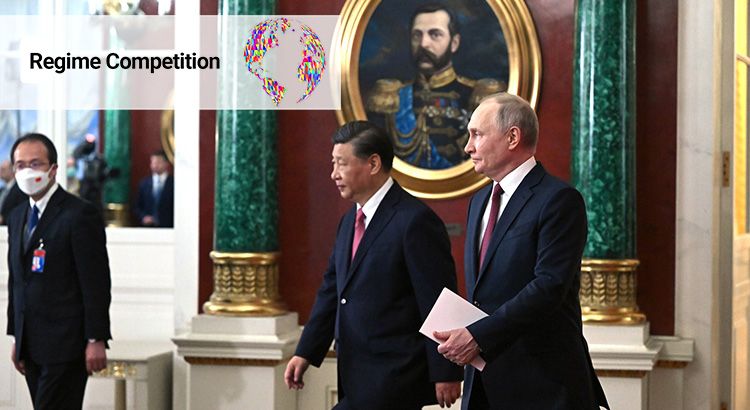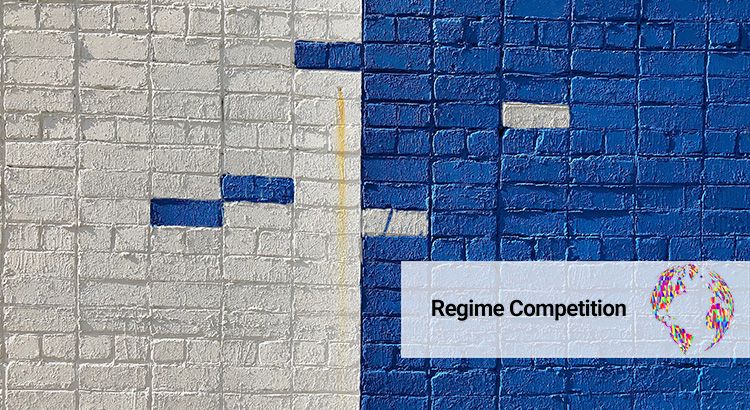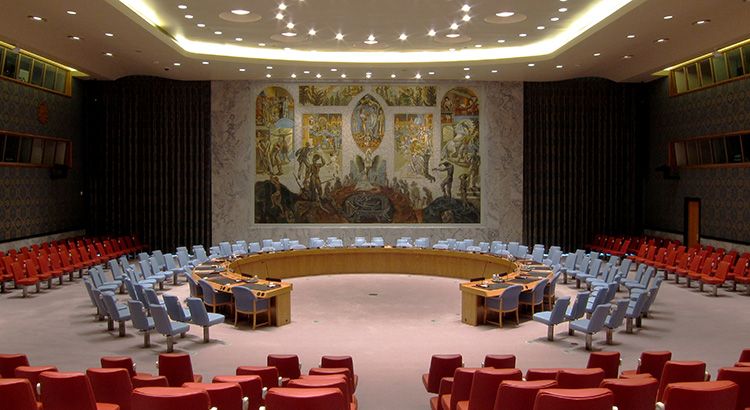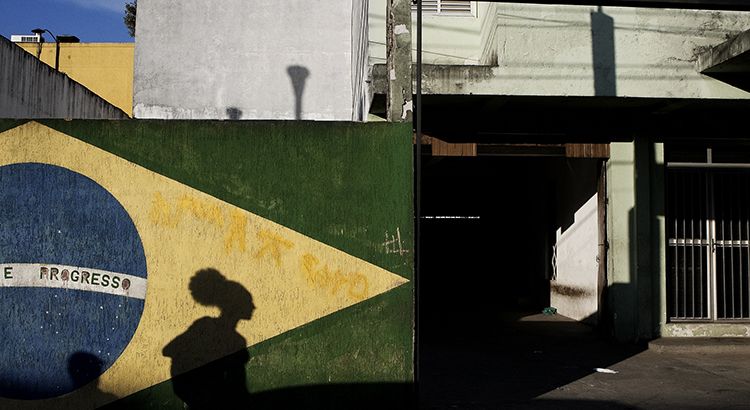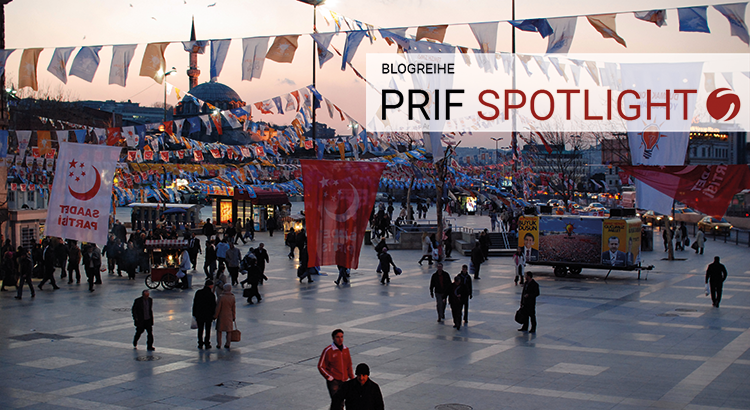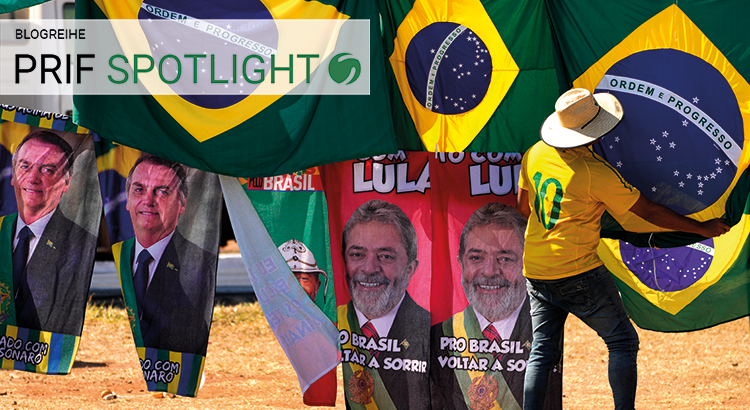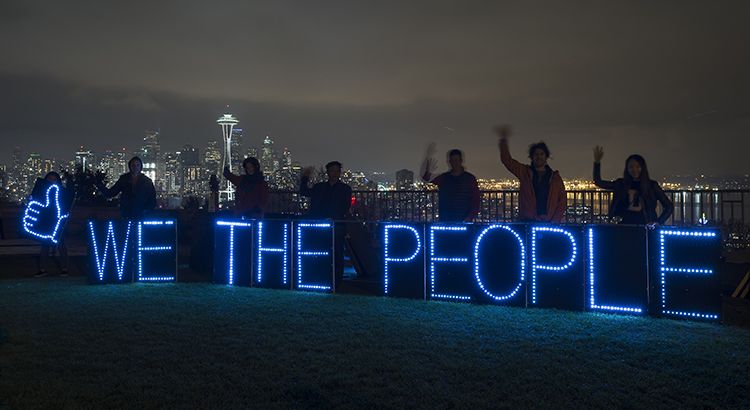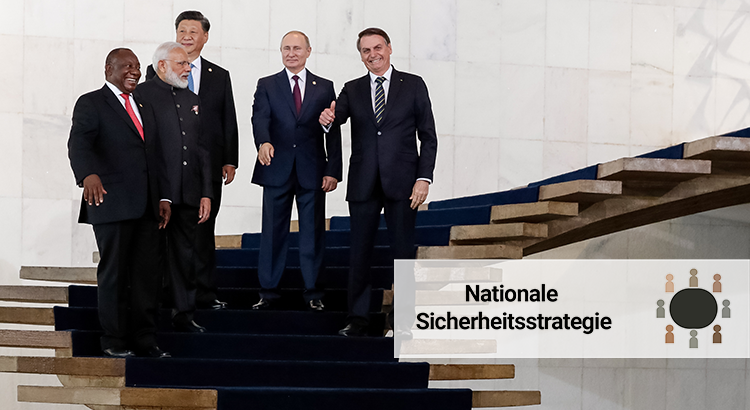Schlagwort: Autokratie
The March 2023 state visit of Chinese president Xi Jinping to Russia has attracted significant...
Regime Competition in a Fragmented World: Consequences for Peace and Conflict
More than thirty years after the proclaimed “end of history” and the third wave of...
Inklusion statt Systemkonkurrenz
Im UN-Kontext wäre es kontraproduktiv, einen globalen Konflikt zwischen Demokratien und...
Brazil’s Presidential Election: How Far does the Populist Glow Reach?
The first round of Brazil's presidential elections took place on 2 October 2022. The result was...
The 2023 Elections in Turkey. Can the Opposition Challenge Erdoğan and the AKP?
Turkey’s presidential and parliamentary elections on June 18, 2023, will be a notable juncture...
Democracy on the Razor’s Edge: The 2022 Presidential Elections in Brazil
Brazil’s presidential elections are scheduled to take place on October 2, 2022. The confrontation...
The Reconstitution of Liberal Hegemony in Comparative Regime Research: V-Dem’s Discursive Turn from the Contestation to the Decontestation of Democracy
Within just a few years, the Varieties of Democracy (V-Dem) project has experienced a remarkable...
Gemeinsam gegen die bösen Autokratien? Zu den Fallstricken demokratischer Allianzbildung als Pfeiler einer zukünftigen deutschen Sicherheitsstrategie
In Reaktion auf den Aufstieg Chinas und das zunehmend selbstbewusste Auftreten autoritär...
